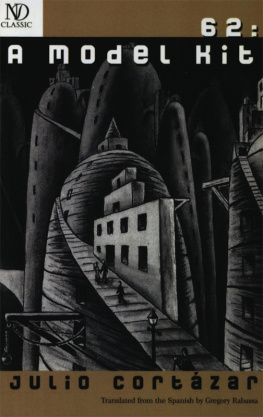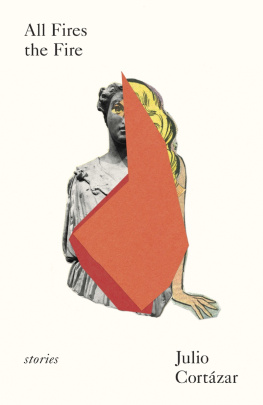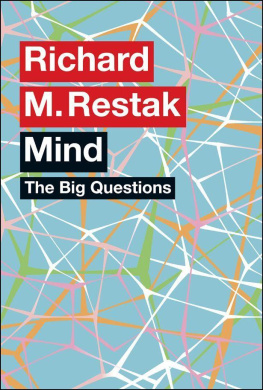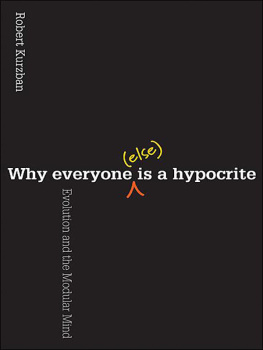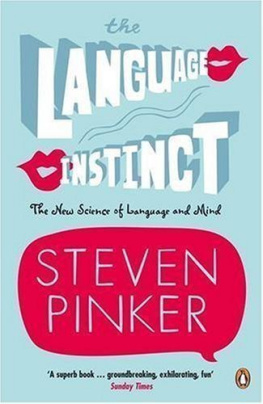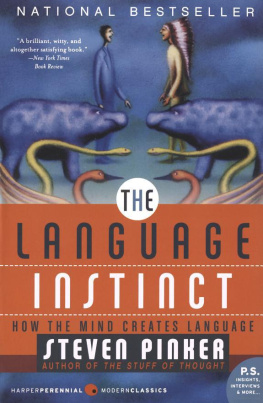
Translated from the Spanish by
GREGORY RABASSA
A NEW DIRECTIONS CLASSIC
This novel and this translation are
dedicated to
Cronopio Paul Blackburn.
y aunque la vida murio,
nos dexo harto consuelo
su memoria.
J.C., G.R.
N OT A FEW READERS will notice various transgressions of literary convention here. To give only a few examples: the Argentine characters switch from one familiar form to another whenever it suits the dialogue; a Londoner who is only starting his study of French begins to speak it with amazing fluency (and even worse, in a Spanish version) as soon as he crosses the Channel; geography, the order of subway stations, freedom, psychology, dolls, and time obviously cease being what they were in the realm of Cynara.
For those who might possibly be startled, I point out that in the territory where this tale takes place the transgressions cease to be such; the prefix is placed alongside the various others that spin about the root gressio: aggression, regression, and progression are also connatural to the intentions sketched out one day past in the final paragraphs of Chapter 62 of Hopscotch, which explains the title of this book, and perhaps those intentions will be fulfilled in the course of it.
The subtitle, A Model Kit, might lead one to believe that the different parts of the tale, separated by blank spaces, are put forth as interchangeable elements. If some of them are, the framework referred to is of a different naturesensitive sometimes on the writing level, where recurrences and displacements try to be free of all causal fixedness, but especially on the level of meaning, where the opening for combinatory art is more insistent and imperative. The readers option, his personal montage of the elements in the tale, will in each case be the book he has chosen to read.
Hopscotch, by Julio Cortzar, Pantheon Books, New York, 1966.
Id like a bloody castle, the fat diner had said.
Why did I go into the Polidor restaurant? Why, since Im asking that kind of question, did I buy a book I probably wouldnt read? (The adverb was already a trick, because more than once it had occurred to me to buy books with the tacit certainty that they would be lost forever in the bookcase, and yet I bought them; the enigma was in buying them, in the motive that possibly demanded that useless possession). And into the chain of questions now: Why, after going into the Polidor, did I go to sit at the rear table, across from the large mirror that precariously duplicated the faded desolation of the room? And another link to put in place: Why did I ask for a bottle of Sylvaner?
(But that last item is left for later; perhaps the bottle of Sylvaner was one of the false resonances in the possible chord, unless the chord was different and contained the bottle of Sylvaner just as it contained the countess, the book, and what the fat diner had just ordered).
Je voudrais un chteau saignant, the fat diner had said.
According to the mirror, the diner was sitting at the second table with his back to the one where Juan was sitting, and therefore his image and his voice were forced to have recourse to opposite and convergent itineraries in order to come together in suddenly solicited attention. (The book, too, in the shop window on the Boulevard Saint-Germain: the sudden leap forward of the white NRF cover, coming toward Juan as had the image of Hlne before and now the fat diners phrase as he ordered a bloody castle; like going to sit obediently at that absurd table in the Polidor with his back to everyone).
Of course, Juan was probably the only customer for whom the diners request had a second meaning; automatically, ironically, as a good interpreter accustomed to the instant liquidation of all problems of translation in that struggle against time and silence which is an interpreters booth, he had fallen into a trap, if its proper to speak of a trap in that acceptance (ironic, automatic), in which saignant and sanglant were equivalents and the fat fellow had asked for a bloody castle, and, in any case, he had fallen into a trap without being aware in the least that the displacement of the meaning of the phrase would suddenly cause the coagulation of other things already past or present that nightthe book or the countess, the image of Hlne, the acceptance of sitting down with his back turned at a rear table in the Polidor. (And having asked for a bottle of Sylvaner and drinking the first glass of chilled wine at the moment when the fat diners image in the mirror and his voice, which reached him from behind, had merged into something Juan couldnt name, because chain or coagulation were nothing but an attempt to give the level of language to something that presented itself like an instantaneous contradiction, took shape and fled simultaneously, and no longer entered language spoken by anyone, not even that of an experienced interpreter like Juan.)
In any case, there was no reason to complicate matters. The fat diner had asked for a bloody castle, his voice had stirred up other things, especially the book and the countess, the image of Hlne a little less (perhaps because it was closer, not more familiar, but closer to everyday life, while the book was something new and the countess a memory, a curious memory, furthermore, because it wasnt so much a question of the countess as of Frau Marta and what had happened in Vienna in the King of Hungary Hotel, but in the final analysis everything was the countess, just as clearly as the book or the fat diners phrase or the aroma of the Sylvaner).
You have to admit that Ive got a kind of genius for celebrating Christmas Eve, Juan thought as he poured himself the second glass, waiting for the hors doeuvres. In some way, the advent of what had just happened to him was in part the door of the Polidor, he having suddenly decided, knowing it was stupid, to push open that door and dine in that sad room. Why did I go into the Polidor, why did I buy the book and open it at random and read, also at random, any phrase at all scarcely a second before the fat diner ordered a steak that was almost raw? As soon as I try to analyze Ill put everything into the famous reticular lunch basket and Ill falsify it beyond all cure. The most I can try to do is repeat what took place in a different zone in mental terms, trying to distinguish between what made up a part of that sudden conglomeration in its own right and what other associations might have become incorporated into it parasitically.
But beneath it all I know that everything is false, that Im already far away from what just happened to me and that, as on so many other occasions, it comes down to this useless desire to understand, missing, perhaps, the obscure call or signal of the thing itself, the uneasiness Im left with, the instantaneous display of another order where memories, potentials, and signals break out to form a flash of unity which breaks up at the very instant it drags and pulls me out of myself. Now all of this has left me with just one kind of curiositythe old human topic: deciphering. And the rest of it, a tightening at the mouth of the stomach, the dark certainty that around there somewhere, not with this dialectical simplification, a road begins and goes on.
Its not enough, of course. In the end we have to think, and then analysis comes, the distinction between what really forms a part of that instant outside of time and what associations were put into it so as to attract it, make it more yours, put it more onto this side. And the worst will be when you try to tell other people, because a moment always comes when you have to try to tell a friend about itlets say Polanco or Calac, or everyone at the same time at a table in the

